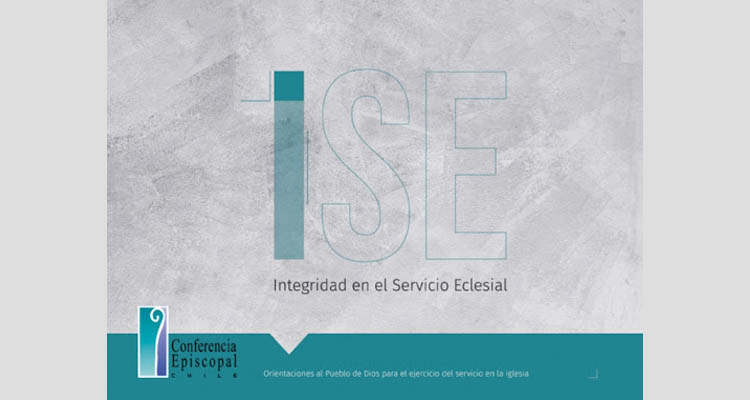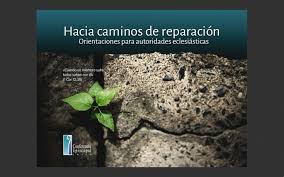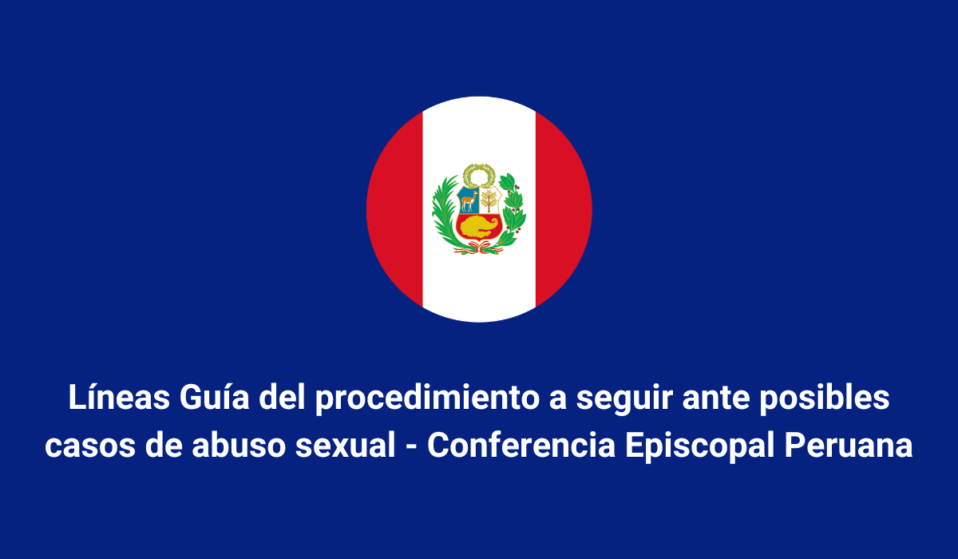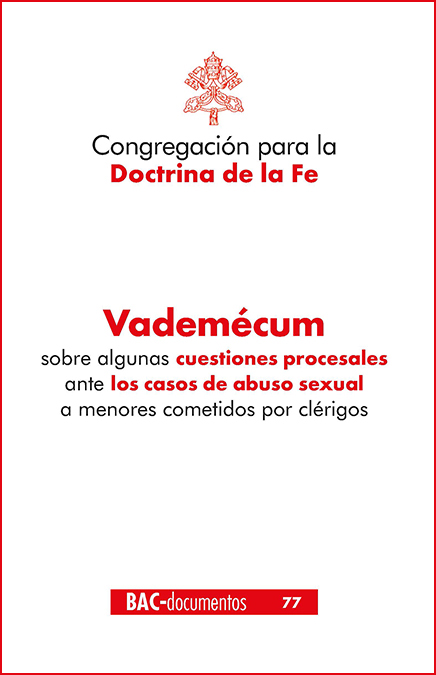The members of the Missionary Society of St. Columban are called to be instruments and signs of the communion given by God, promoting healthy and appropriate relationships, and restoring communion when it is broken.
Abuse destroys communion because it leaves people broken and deprived of peace. Therefore, upon detecting situations of boundary transgressions or accusations of abuse by a Columban priest, associate priest, or Columban workers/collaborators, we have a transparent and effective system for reporting and following up on these events.
Our principles are:
- Protection and care: for children, adolescents, and vulnerable adults.
- Truth: of the facts, using appropriate mechanisms to ascertain it.
- Justice: seeking to penalize offenses with punishments appropriate to each one.
- Impartiality: seeking to maintain objectivity in all stages of the investigative process and with all people involved.
- Welcome: to provide complainants, alleged victims, and others who may have been affected, a space where they feel heard and acknowledged, their rights are respected, and their needs are considered.
Prevention Documents
Columban Protocols
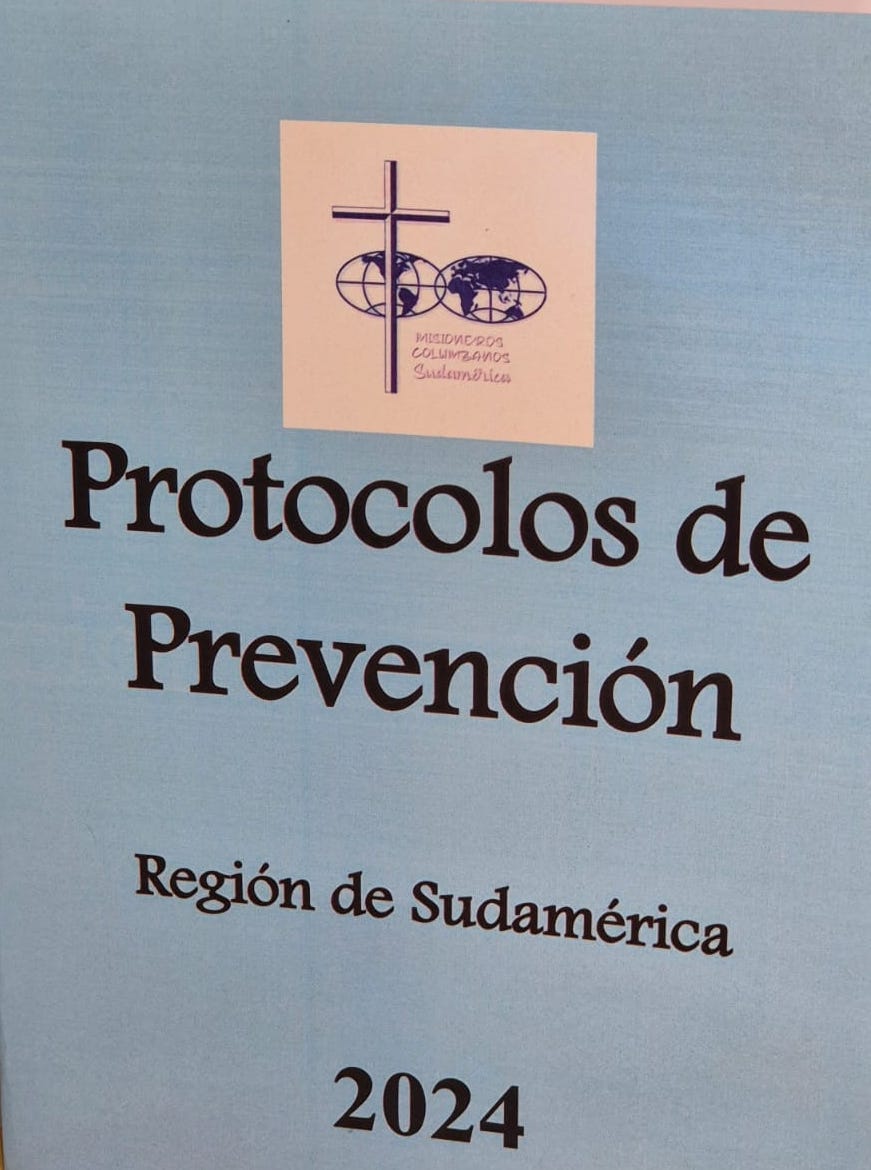
Prevention Protocols South America Region
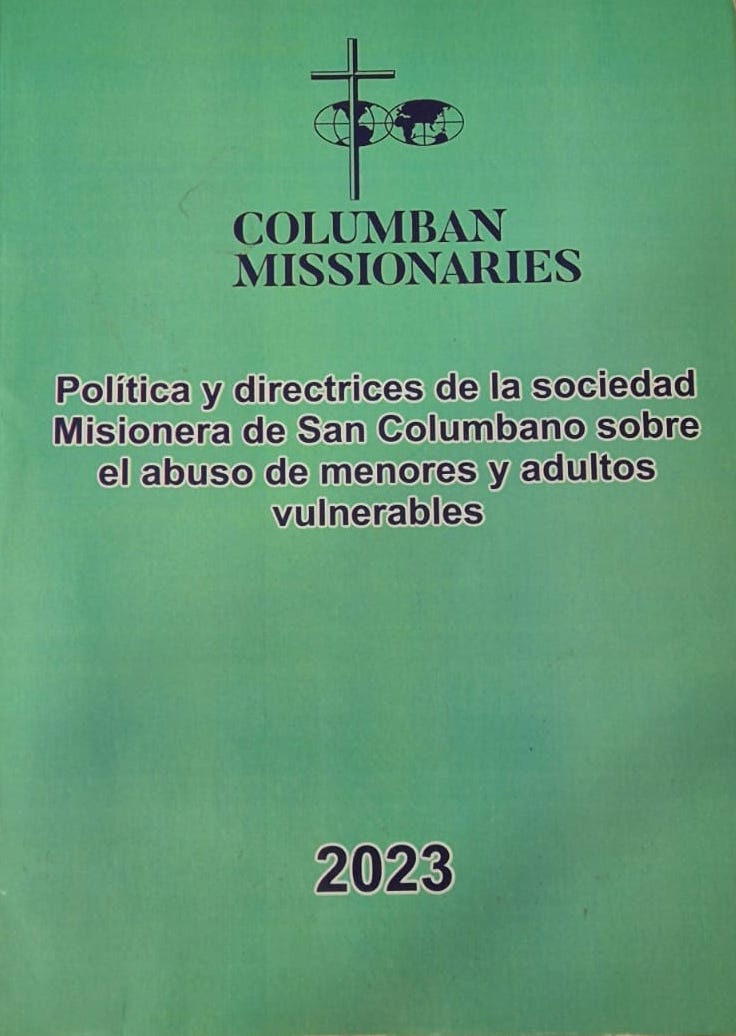
Policy and Guidelines of the MSSC on the abuse of minors and Vulnerable adults
Content of the statements not available at the moment, thank you.
You can download the photo consent document here:
Photo Consent Form:
We believe that children and young people have the right to participate in the social and cultural life of the Society and in church communities; therefore, we seek to use photographs and videos in missionary promotion responsibly and respecting the rights of minors.
The right to privacy: Children and young people, as well as adults, have a right to privacy. Therefore, for anyone under 18, parental/guardian consent must be requested, and information must be provided on how and for what purpose the images will be used.
What is considered good practice? Children, young people, and their parents or guardians should be informed in advance about the taking of images and when it will occur, and their consent for their storage and use should be requested. This process is known as informed consent. - Minors and their parents should be informed about how and where the images will be used. - The images should only be used for the agreed purposes. - The images should only be used in the intended context and not out of context. - Children should not be identified individually; avoid using the full name of the people in the image. (This reduces the risk of inappropriate and unsolicited attention). - Only use images of children or young people in appropriate clothing; ensure that the images do not contribute to or expose minors to embarrassing, distressing, or upsetting situations. - Do not use images of children or young people who are considered vulnerable or whose identity may require protection.
Spontaneous or unplanned images: It is recognized that, on occasion, spontaneous or unforeseen photographs/videos will be taken without the prior knowledge or consent of the person(s) involved. In such a case, the participant(s) must be informed of the purpose of the photograph as soon as it is taken and their consent requested. If consent is denied, the image should not be published. If consent is obtained, it must be recorded on a consent form, dated, and signed. You can download it here:
KEEP IN MIND: The Internet is a public, accessible, and largely unregulated medium. Photographs/videos taken in a particular context (a social, church, or family event) in an identified location reveal a considerable amount of information that can identify children. For example, images accompanied by personal information, such as: [Name] is a member of [the catechesis or youth group of the chapel...] and recently participated in [event] – could be used by a person to learn more about a child or young person and used to form a relationship with them or engage in a "grooming" process for abuse.
The Society of St. Columban will make decisions on the use of images that appropriately represent its charism and will ensure that all its members are trained in this policy.






